The Parkland school shooting galvanized a wave of activism — and it got results
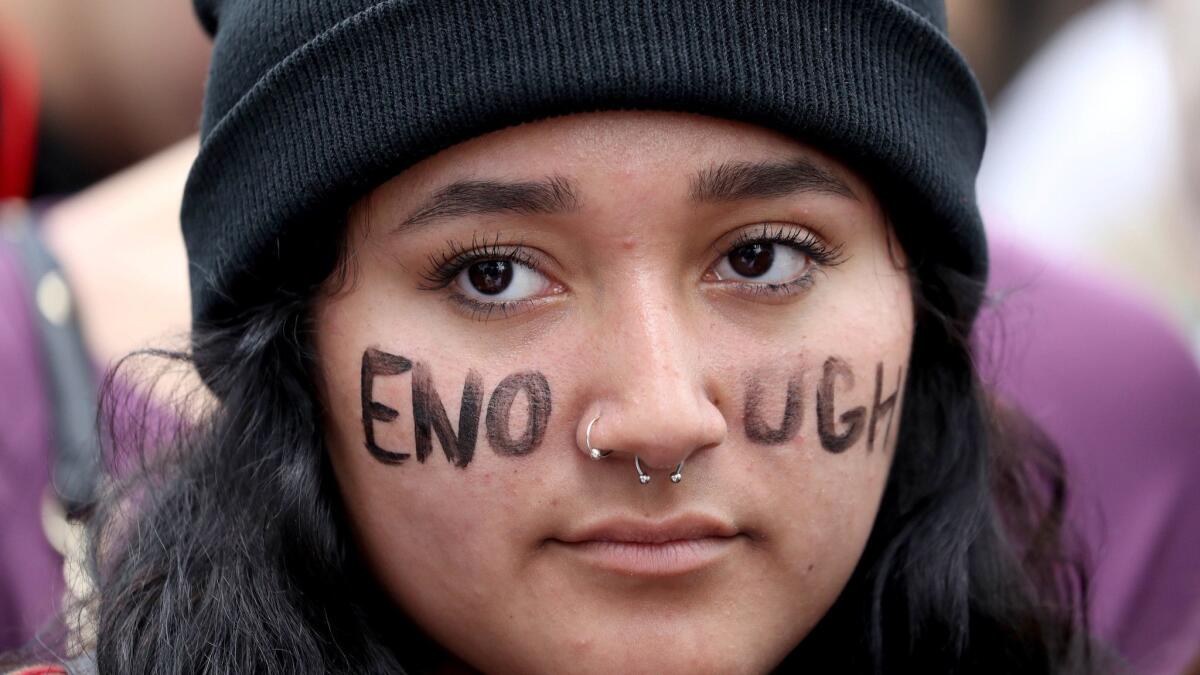
The shooting last Valentine’s Day at Marjory Stoneman Douglas High School in Parkland, Fla., prompted a wave of student and parent activism for stricter gun laws not seen after previous massacres.
The pressure succeeded in Republican-dominated Florida, which passed a package of gun-control laws within weeks. The legislation raised the gun-buying age to 21, imposed a three-day waiting period for purchases and authorized police to seek court orders seizing guns from individuals who are deemed threatening.
But the policy response to the shooting was mixed in other states throughout the year. Only Vermont, a state with a Democratic legislature and Republican governor, followed Florida’s lead by approving comprehensive gun-control legislation.
In all, 40 states passed some kind of legislation related to firearms in 2018, either imposing restrictions or expanding gun rights
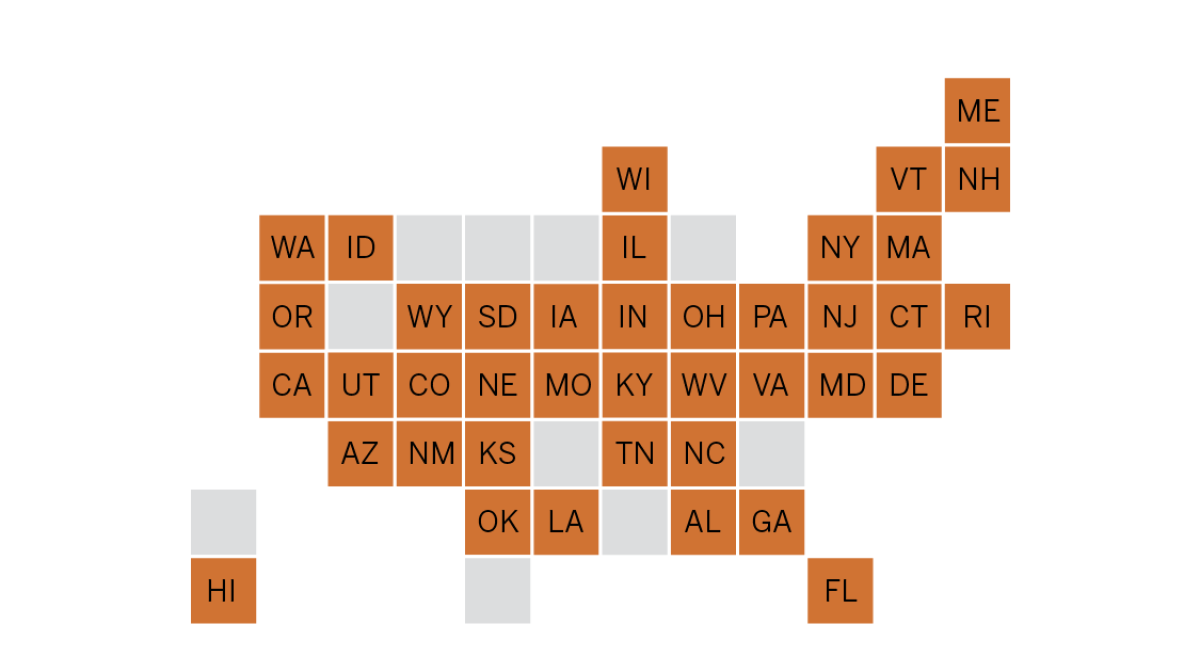
Some states also enacted laws banning bump stocks, the rapid-fire devices used in the 2017 massacre on the Las Vegas Strip that killed 58.
Nine states adopted bans on bump stocks
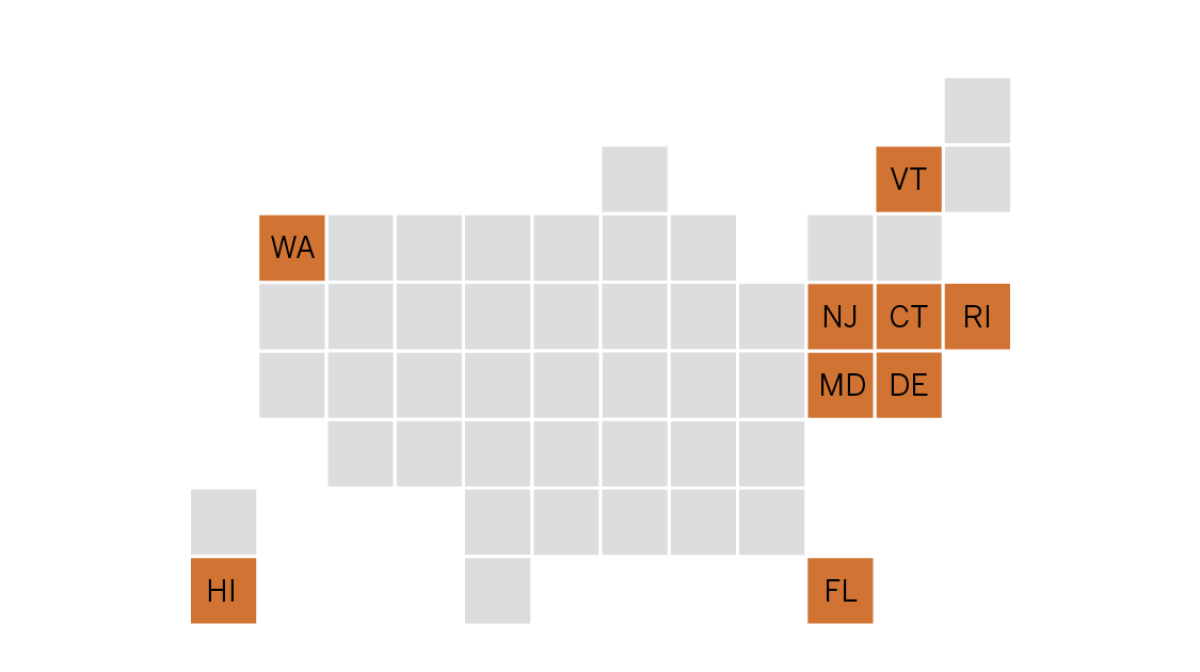
Several states inspired by the Parkland tragedy passed “red flag” laws, bringing to 14 the total number of states that allow gun seizures in certain circumstances. They allow police or household members to petition courts to temporarily take guns from individuals who are showing signs of violence. Florida’s gun-seizure law already has been used hundreds of time.
Eight states passed new red-flag laws
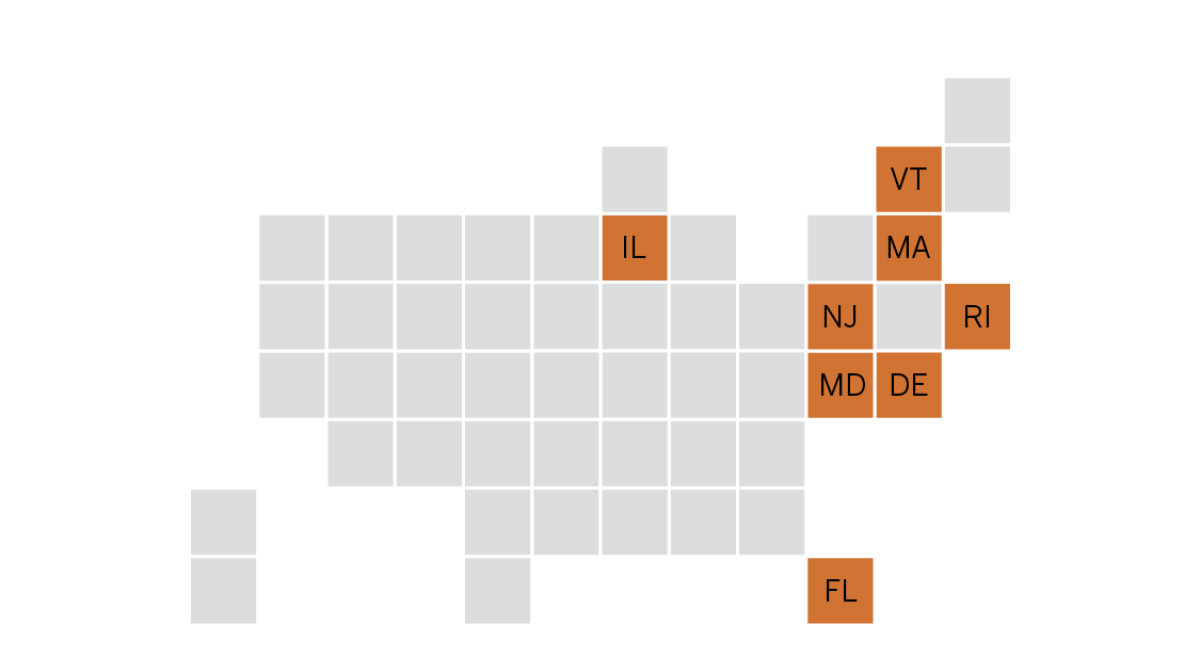
The Parkland shooting did slow momentum for bills that expanded gun rights, but lawmakers in several states nonetheless passed several such measures. They widened the definition of who could legally carry a weapon in public; allowed more concealed weapons in schools, churches and government buildings; and strengthened legal protections for people who claimed they shot someone in self-defense.
Five states expanded ‘Stand Your Ground’ laws
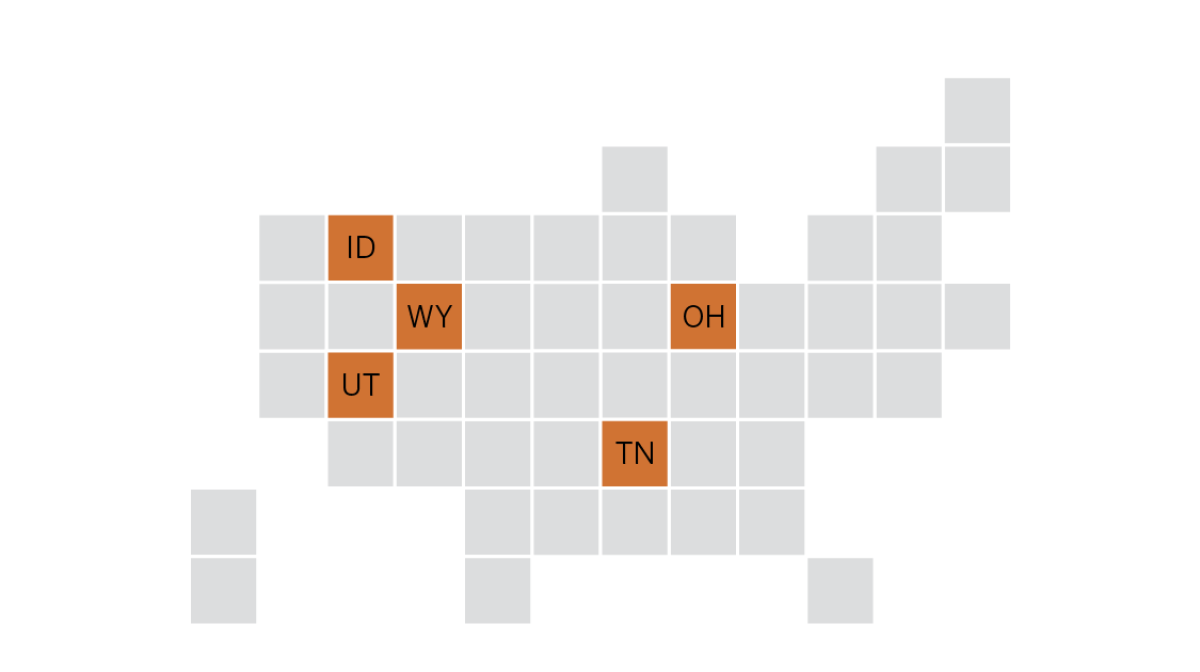
Six states took no action; four did not hold a legislative session
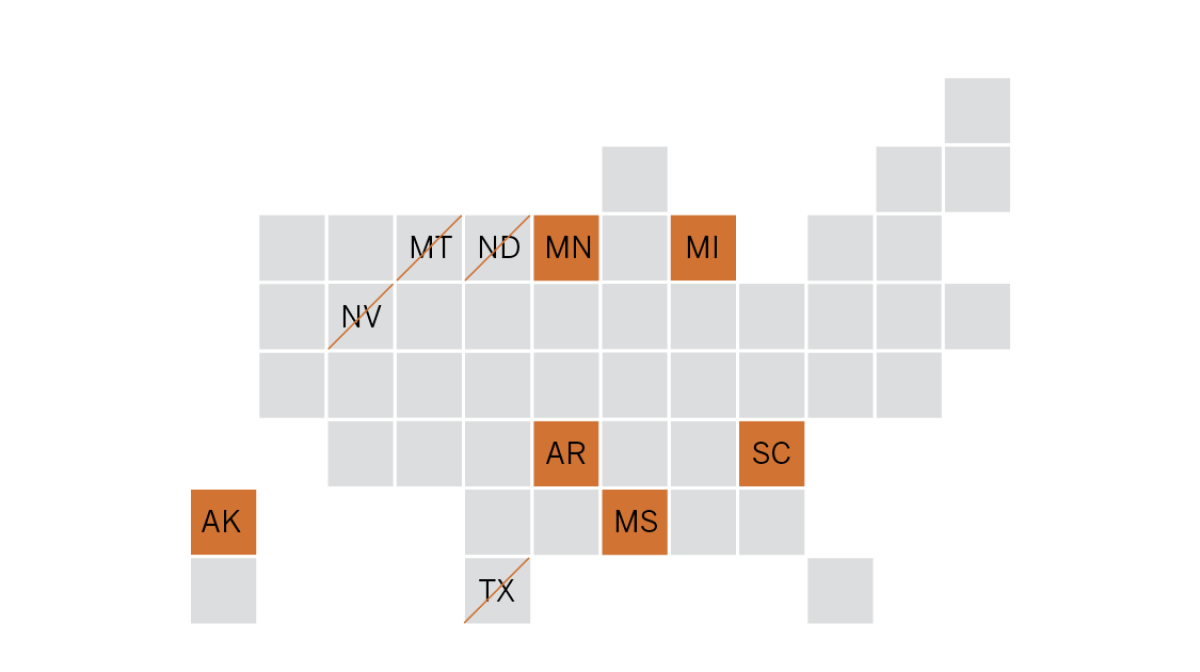
Advocates are hoping the gains made by Democrats last year in state legislatures and governor’s offices will give their gun-control efforts a boost in the coming years.
More to Read
Sign up for Essential California
The most important California stories and recommendations in your inbox every morning.
You may occasionally receive promotional content from the Los Angeles Times.










